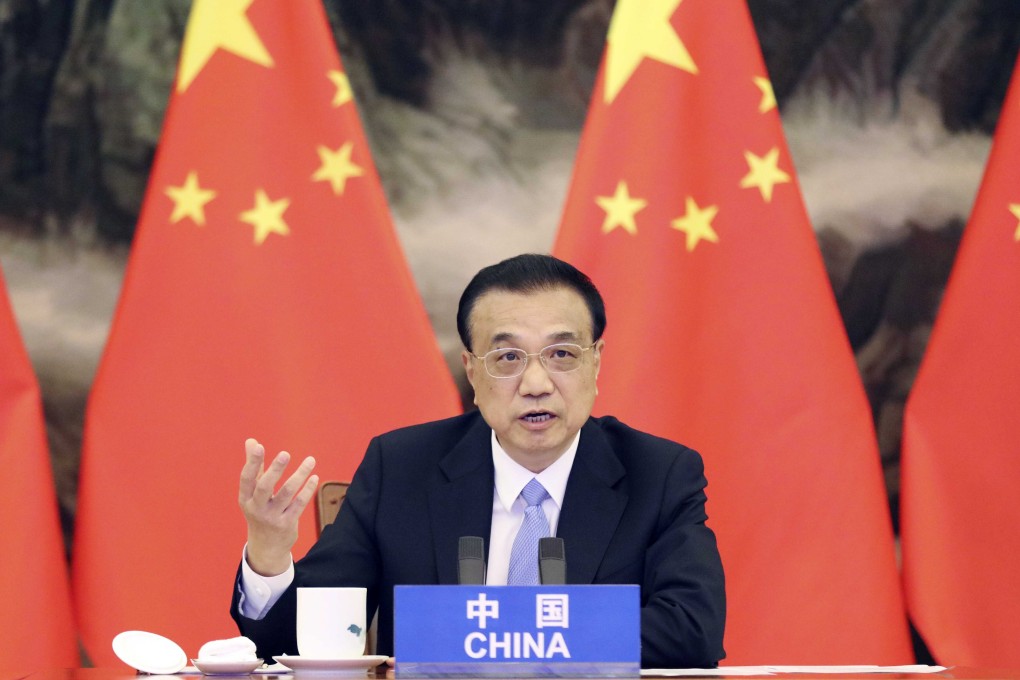China’s Li Keqiang vows stability as ‘complex and volatile’ international climate weighs on economy
- Premier Li Keqiang says the Chinese government will maintain stability in the face of ‘volatile international economic and political conditions’
- China’s economy will return to growth this year and surpass 100 trillion yuan, but faces ‘great pressure’ to ensure employment, Li says

Premier Li Keqiang on Wednesday acknowledged the “great pressure” facing China’s economy, both at home and in a turbulent environment abroad, but vowed the government would do all it could to drive stable and sustainable development.
“Under the complex and volatile international economic and political conditions, for a large economy like ours … stability means progress,” Li said in an article published by the state backed People’s Daily.
Though Li said China’s economy would return to growth this year and surpass 100 trillion yuan (US$15.2 trillion), he wrote it was “very difficult to keep the economy running smoothly”.
Enterprises, especially small, medium and micro enterprises are having difficulties in production and operation.
“Insufficient demand restricts the stable recovery of the economy,” he said. “Enterprises, especially small, medium and micro enterprises are having difficulties in production and operation.”